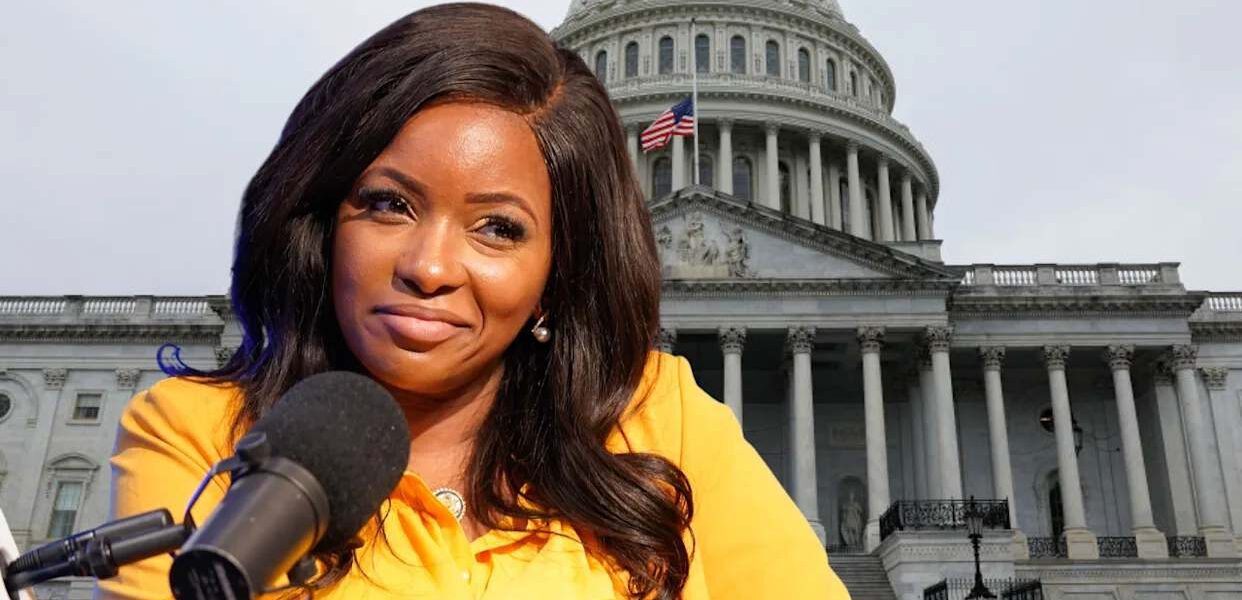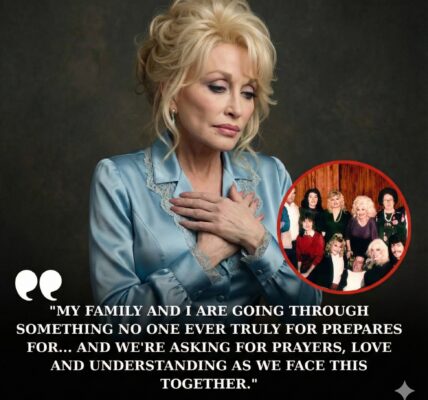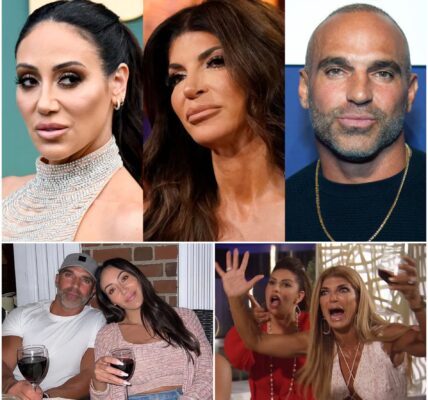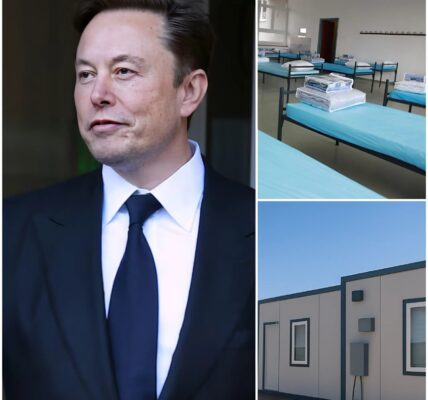Hypocrisy or Strategy? The Explosive Debate Over Republicans’ Silence on White Supremacy While Blaming Immigrants for Everything
For years, Republicans have presented themselves as the party of “law and order,” branding their political identity around public safety, border security, and protecting “American values.” Yet their rhetoric has exposed what critics call a glaring hypocrisy: while they relentlessly blame immigrants for crime, drugs, and cultural decline, they remain strikingly silent—or worse, dismissive—when it comes to white supremacists, January 6 rioters, and the epidemic of school shootings.

This selective outrage has become one of the most controversial debates in American politics today.
The Scripted Villain: Immigrants as the “Eternal Threat”
Tune into any Republican rally, campaign ad, or primetime Fox News segment, and the message is nearly identical: immigrants, particularly those crossing the southern border, are cast as an existential danger.
They are blamed for crime waves, drug trafficking, and even for draining the economy. Former President Donald Trump built his political rise on this narrative, famously calling immigrants “criminals” and “rapists” during his 2016 campaign. Current Republican leaders echo these talking points, warning of “invasions” and “open borders” that supposedly threaten American lives.
But data paints a very different picture. Multiple studies, including research from the Cato Institute, show that immigrants—documented and undocumented—commit crimes at significantly lower rates than native-born Americans. Yet facts rarely slow the rhetoric. Immigrants remain the GOP’s convenient villain, a rallying point to galvanize voters and stir fear.

Silence on White Supremacy
While Republicans loudly blame immigrants, they are far quieter when addressing threats that don’t fit their narrative—most notably, white supremacist violence.
The Department of Homeland Security, FBI, and countless law enforcement experts have repeatedly declared white supremacy the most significant domestic terror threat facing the United States. From the 2017 Charlottesville rally where white nationalists chanted “Jews will not replace us,” to mass shootings in Buffalo, El Paso, and Charleston, the pattern is undeniable.
And yet, many Republican leaders dodge the issue. Some downplay it, calling white nationalist groups “fringe.” Others go further, refusing to condemn them outright—likely out of fear of alienating segments of their own base.
Take Trump’s infamous “very fine people on both sides” remark after Charlottesville, or his refusal to condemn the Proud Boys during a 2020 debate, instead telling them to “stand back and stand by.” These moments weren’t slips—they were signals. And critics argue they reveal the party’s willingness to tiptoe around white extremism, even as it endangers communities across the country.
January 6: Patriots or Criminals?
Perhaps the most glaring example of selective outrage is Republicans’ treatment of the January 6 insurrection.

On that day, thousands of Trump supporters stormed the U.S. Capitol in a violent attempt to overturn the 2020 election results. They beat police officers, smashed windows, and chanted about hanging the Vice President. Five people died, and over 140 officers were injured.
Yet instead of condemning the rioters, many Republicans have since rebranded them as victims or heroes. Some call them “political prisoners.” Others insist the attack was just a protest that “got out of hand.”
Compare this to the way Republicans talk about immigrant crime—often inflating isolated incidents into national crises. The double standard is hard to ignore: when violence comes from within their own ranks, it is excused, rebranded, or simply erased from conversation.
The Deafening Silence on School Shootings
If Republicans claim to be the party of safety, why is their response to America’s school shooting epidemic so muted?
Since Columbine in 1999, school shootings have become tragically routine. Children are gunned down in classrooms, teachers die shielding students, and communities are shattered. In 2022, the Uvalde massacre saw 19 children and two teachers murdered.
Yet Republican leaders consistently block or water down gun reform. They refuse to confront the reality that easy access to firearms is a central driver of these tragedies. Instead, they shift blame to mental health, video games, or cultural decay.
Once again, the villains they target are not the shooters themselves—or the laws that allowed them access to weapons—but abstract, politically safe scapegoats.
A Pattern of Selective Outrage
When you piece it all together, a troubling pattern emerges:
-
Immigrants: Blamed loudly, endlessly, and inaccurately.
-
White supremacists: Minimized, ignored, or excused.
-
January 6 rioters: Recast as victims or heroes.
-
School shooters: Met with thoughts, prayers, and political deflection.
The conclusion critics draw is simple: Republicans don’t truly care about public safety. Instead, they weaponize fear when it suits their agenda, while ignoring threats that are politically inconvenient.
Why This Strategy Works
Despite the hypocrisy, this strategy remains effective. Fear is one of the most powerful tools in politics. By creating a constant sense of crisis around immigration, Republicans can rally voters, raise money, and dominate headlines.
Meanwhile, addressing white supremacy or gun violence would mean acknowledging uncomfortable truths: that extremism exists within their base, and that the gun lobby holds enormous influence over their party. Those are battles many Republicans simply don’t want to fight.
The Backlash Grows
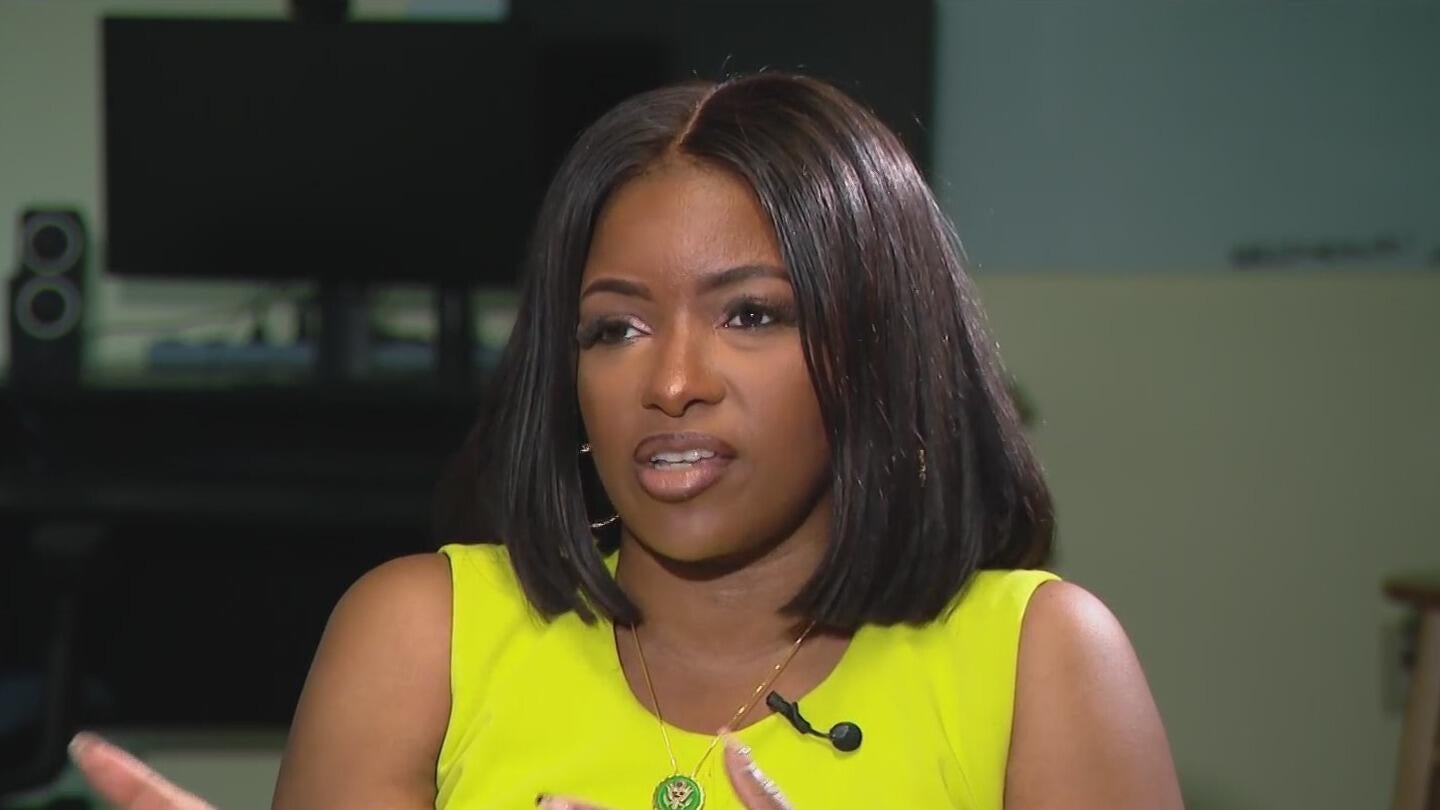
But silence has consequences. Younger generations, particularly Gen Z, are not buying into the scapegoating. Social media platforms like TikTok are flooded with videos calling out the double standards. Hashtags like #GOPHypocrisy and #CallItOut trend after every school shooting or white supremacist attack.
Even some conservatives are voicing concern. Former Republican officials and military leaders warn that ignoring domestic extremism is a direct threat to national security. Parents across the political spectrum demand action on school safety, tired of “thoughts and prayers” after every tragedy.
What’s at Stake
The controversy boils down to a fundamental question: what does public safety really mean?
If safety only applies when the “villain” is politically convenient, then it isn’t safety at all—it’s theater. If leaders ignore white supremacy and school shootings while screaming about immigrants, then safety becomes nothing more than a campaign slogan.
For Caitlin Clark, Angel Reese, Brittney Griner, or any other sports star dominating headlines, the scrutiny might feel intense. But for American families facing real threats—from extremist violence to bullets in classrooms—the stakes are literally life and death.
Final Word
Republicans may continue to deflect, distract, and scapegoat. But the louder they shout about immigrants while staying silent on white supremacy, Jan 6, and school shootings, the more obvious the hypocrisy becomes.
The real question is whether voters will continue to tolerate selective outrage—or whether they’ll demand leaders who confront all threats, not just the ones that fit neatly into a campaign ad.
Until then, the silence speaks louder than the slogans.
